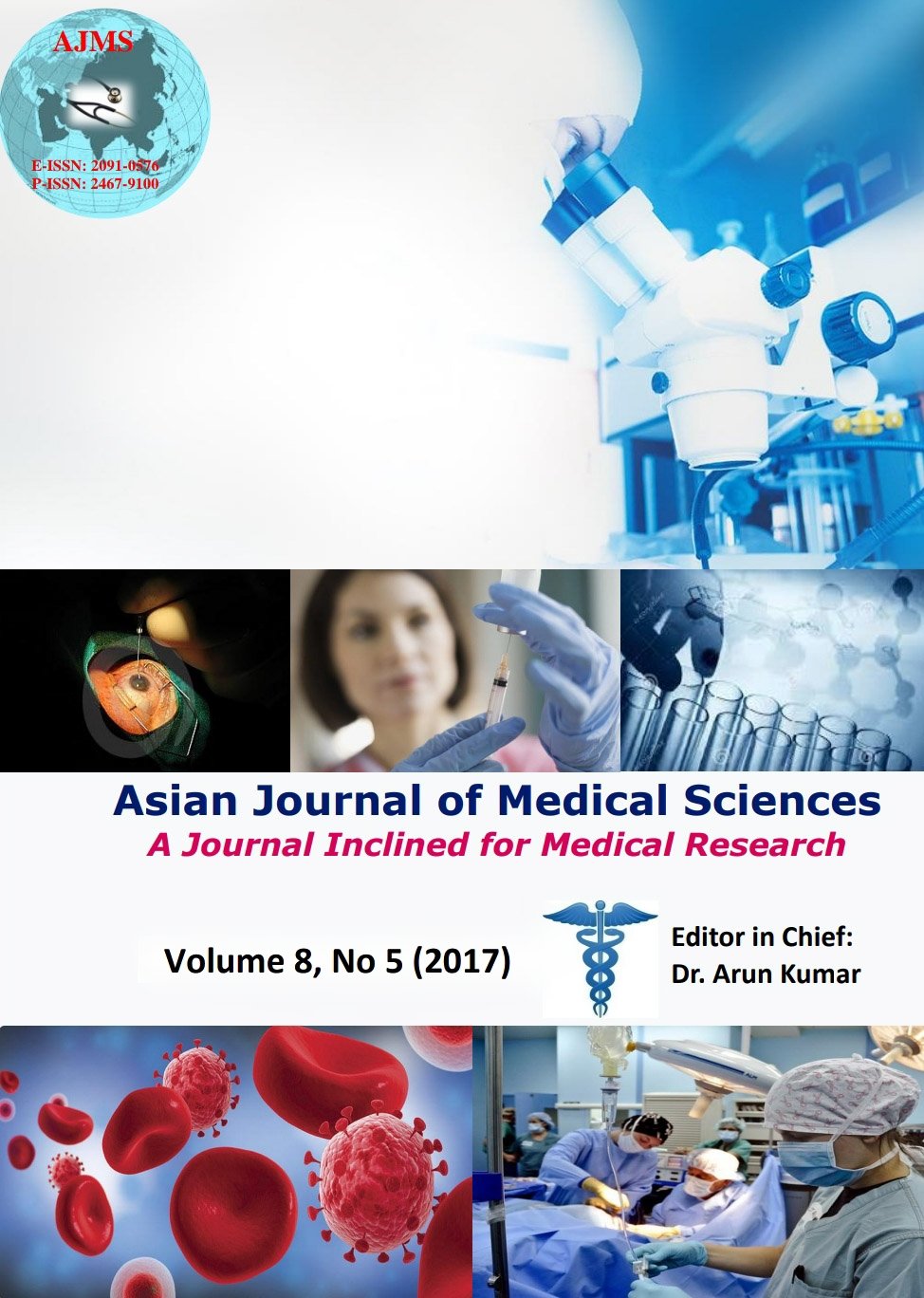Present perception on gender related issues in tribal mothers of sub-urban region, West Bengal
Keywords:
Gender bias, Perception, Tribal mothers, Reproductive, MarginalisedAbstract
Background: In India, tribal communities and women remain marginalized and continue to suffer discrimination. The right to achieve gender justice is a cumbersome task. The perception on gender issues varies person to person.
Aims and Objectives: This study is designed to find out the perception on the gender related issues, presence of gender bias and the associated factors among the reproductive tribal mothers.
Materials and Methods: Research was carried in a tribal community under the service jurisdiction of the community medicine department. A cross sectional survey using pre designed proforma was used in reproductive age group mothers. Information on various aspects was collected by direct interview with mothers. Data was analysed with licensed statistical software. Mean, standard deviation, proportion, chi square value and P value was determined as per objectives.
Results: A total of 110 mothers participated. The mean age was 28.18 years. Majority of mothers were between 26-36 years. Rate of illiteracy was 19.1%. Two child norms were practiced by most of the families (91). Thirty two mothers reported abortion. Self-desire was the main reason. One in every three practiced contraception. Gender bias towards boy child was reflected by responses on the desire for future child, giving playtime, mixing with others, sharing household work, providing pocket money, sharing of and allowing night job. Pre natal sex determination was still preferred by one third mothers. One breather was that majority (84.7%) were consulted in family matters. Age group, occupation and abortion history showed association with gender preference.
Conclusion: Present study showed prevailing gender discrimination in modern India. Enactment of laws through stringent monitoring and government’s positive attitude may make the situation favourable.
Asian Journal of Medical Sciences Vol.8(5) 2017 48-53
Downloads
Downloads
Additional Files
Published
How to Cite
Issue
Section
License
Authors who publish with this journal agree to the following terms:
- The journal holds copyright and publishes the work under a Creative Commons CC-BY-NC license that permits use, distribution and reprduction in any medium, provided the original work is properly cited and is not used for commercial purposes. The journal should be recognised as the original publisher of this work.
- Authors are able to enter into separate, additional contractual arrangements for the non-exclusive distribution of the journal's published version of the work (e.g., post it to an institutional repository or publish it in a book), with an acknowledgement of its initial publication in this journal.
- Authors are permitted and encouraged to post their work online (e.g., in institutional repositories or on their website) prior to and during the submission process, as it can lead to productive exchanges, as well as earlier and greater citation of published work (See The Effect of Open Access).




